Sometime ago on the Internet, someone trying to be helpful posted a draft query letter. The opening was a rhetorical question. And not surprisingly, thousands of aspiring authors (including me) parroted that advice, deluging agents with opening lines that asked them to consider why the protagonist had behaved in a certain way, or to imagine a situation.
The agents I know rarely read past the question mark. “I don’t want to imagine,” one of them said to me. “I want the writer to tell me.” Or as Jessica Faust put it, when asked in a query if she had ever wondered what it would be like if the world were run by goats, since her answer was ‘no,’ she figured she didn’t have to read any further. Nathan Bransford, an agent with Curtis Brown, agrees. He writes:
“The more extreme the rhetorical question (Have you ever wondered if space aliens live in your underwear drawer?) the more I want to say, “NO.” The more mundane the rhetorical question (Have you ever felt sad?) the more I want to say, “NO.” Only the second no is more of a sarcastic no, like noooooo, rather than the first no, which is more of a serious no. It’s all about inflection, people.”
What should go into a good query letter then, if not a rhetorical question? Well, first of all, you have almost no space to work with: you are practically tweeting. Be efficient about it.
You have no more than a single opening sentence as your hook, a maximum of 250 words for your second paragraph and an even shorter closing line or two that essentially says that your completed manuscript is X thousand words, available on request.
The first sentence is the most important one. Do not waste it by ending it with a question mark, unless the sentence is, “Is it possible for you to let me down gently, or should I just slap myself in the head right now?”
Use the hook of that first sentence to situate your story, and your main character. Present tense, please. For example:
“When an exhausted Dolores Henry arrives home for Christmas dinner, she expects to find a turkey cooking in the oven, instead of an empty house and the body of a stranger on the dining room table. ”
Obviously, I’m making that up. It’s not even very good. But hopefully you get the point.
It might be enough to get an agent to read the second paragraph (again, maximum 250 words) to find out why Dolores is exhausted, why the house is empty, and who the heck is laid out on the linen.
You should spend almost as much time polishing your query as you did writing the book. (Well, not quite. But a good few days at it, anyway. This is not something you can knock off in an hour.)
Pretend that the blurb that goes into your query letter is going to be the dust jacket for your new book. It has to grab an agent as quickly and effectively as if they were browsing a bookstore, picking up an unfamiliar author’s work and looking at the back cover to see what the story is all about. Go to your bookcase and read a few dozen of those back jackets. Not all of them are great, but some will stand out. Try to replicate what you like about those ones; that may help.
But lose the rhetorical questions, or you might as well take that query letter, crumple it up, and toss it in the bin, because that’s where it’s going to end up. Right beside the goats. And the alien underwear.


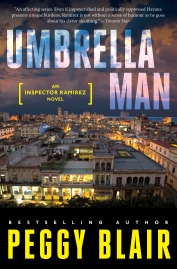
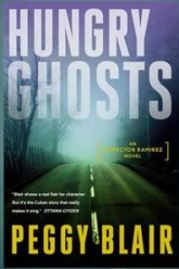
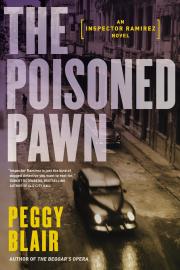
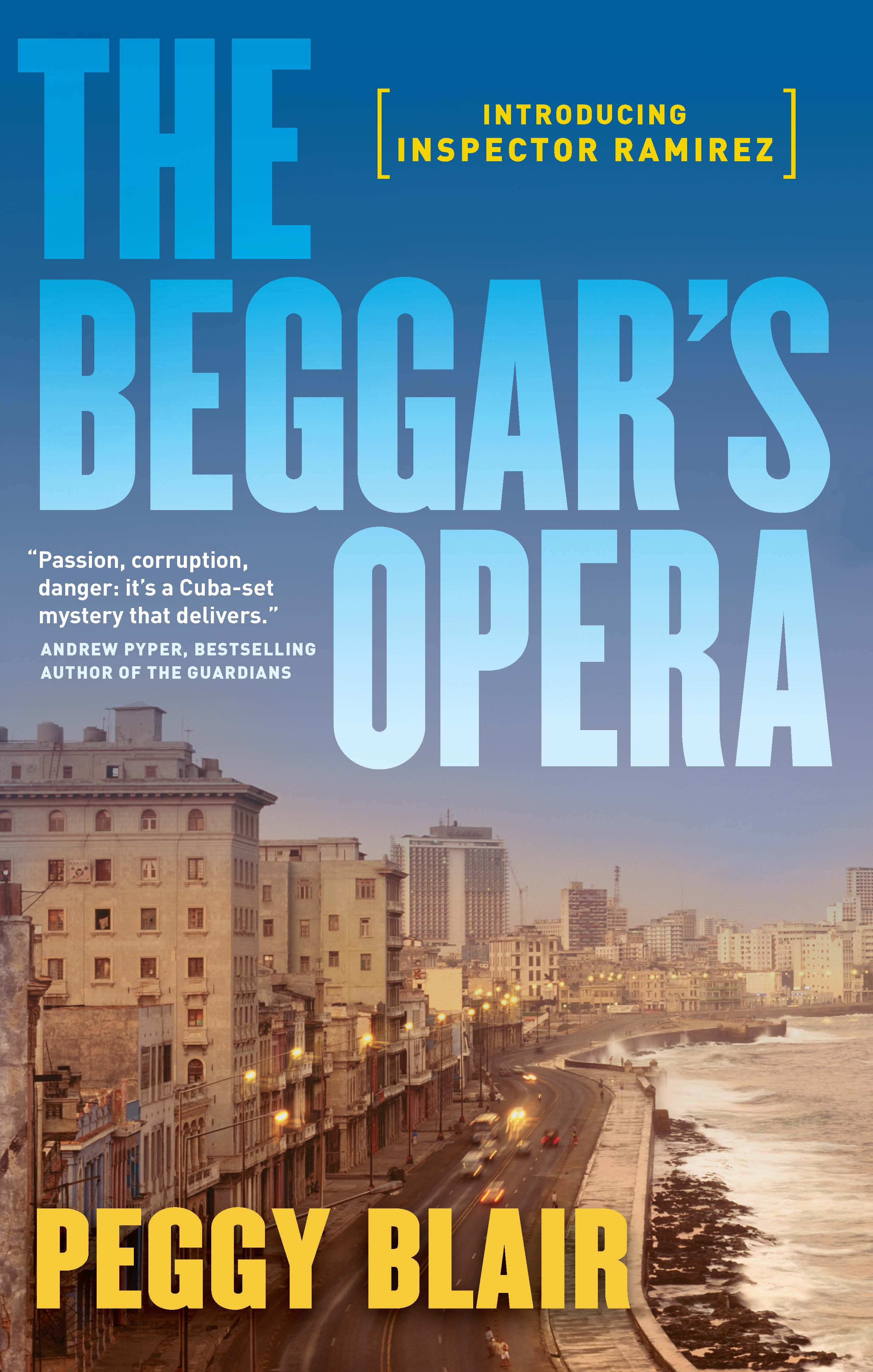
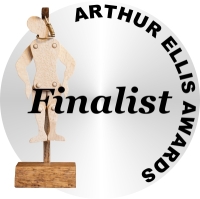
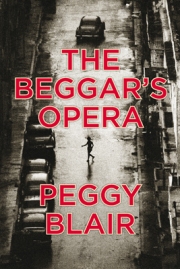

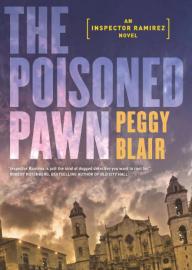







Pingback: The Noble Pen for Nov 16, 2017 | The Noble Pen